Motor Carrier Insurance
Motor carrier insurance protects businesses that transport goods or passengers for profit. It’s essential for meeting legal requirements, covering accidents, and managing risks like cargo loss, vehicle damage, and employee injuries. Whether you run a trucking company, bus service, or moving business, the right insurance ensures you stay compliant, protected, and prepared.
Choose the right coverage from trusted insurance providers.




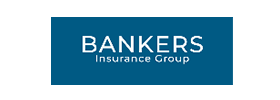











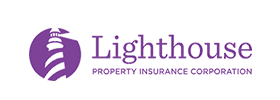





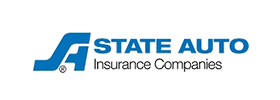




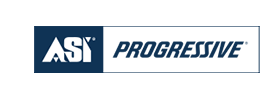

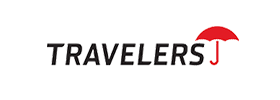

Why Do Motor Carrier Businesses Need Coverage?
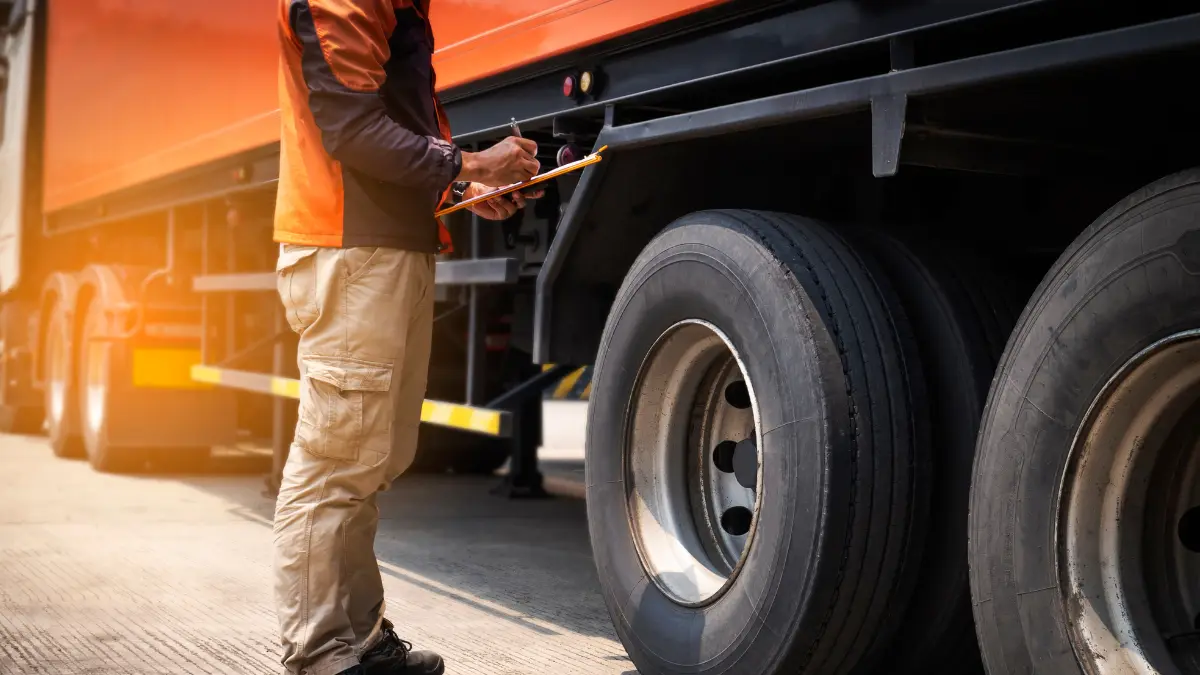
In my years working alongside motor carrier clients, one lesson stands out: having the right insurance is not just a safety net, it’s a survival tool. Federal laws clearly mandate that businesses carry liability and cargo coverage, which means it’s often required just to operate legally.
But beyond what’s legally expected, the smart idea is to think long-term. I’ve seen how the right business policy covers unexpected losses from an accident, injury, or even a lawsuit. These events can shake a company, but the right protection ensures you survive the disruption. That’s why we always stress the value of being prepared, because in this industry, it’s not a matter of if, but when.
What types of insurance do you need for motor carriers?
These policies cover the most common risks of a motor carrier business.
Business owner’s policy
This policy conveniently bundles commercial property and general liability insurance into one cost-effective plan for dealers. A BOP is ideal for securing auto shop insurance and shielding businesses from financial losses.
Under this plan
Customer injuries
Damaged customer vehicles
Damaged business property
Commercial umbrella insurance
A policy like this boosts coverage by increasing the limits of general liability insurance, commercial auto insurance, and employers’ liability insurance. It helps protect businesses from expensive lawsuits related to multi-vehicle auto accidents, customer injury lawsuits, and employee injury lawsuits.
Under this plan
Customer injury lawsuits
Employee injury lawsuits
Multi-vehicle auto accidents
Commercial auto insurance
A policy designed for dealers and repair shops helps pay for property damage and medical bills after an accident. It is required in many states for businesses that own cars.
Under this plan
Weather damage
Vandalism and theft
Car accident repair costs
Cyber insurance
A policy like this helps protect automotive businesses from financial loss after data breaches or cyberattacks. It’s recommended for any business that stores customer credit cards or other personal information.
Under this plan
Fraud monitoring services
Data breach investigations
Customer notification expenses
General liability insurance
Under this plan
Accidental vehicle damage
Customer injuries at a repair shop
Slander and other advertising injuries
Worker’s compensation insurance
Under this plan
Employee medical expenses
Partial wage reimbursement
Lawsuits over employee injuries
What Affects the Cost of Motor Carrier Insurance?
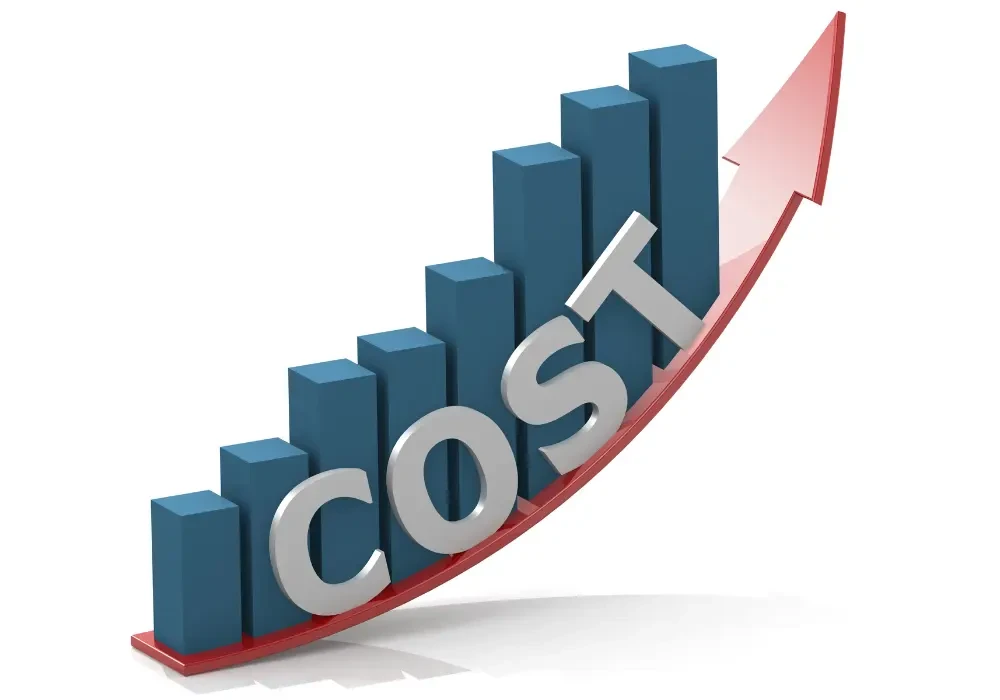
When I first started working with independent motor carrier businesses in the transportation industry, one of their main concerns was the cost of insurance. A professional usually calculates the cost based on various factors. For instance, a charter bus for hire may pay less compared to a large trucking company due to differences in the number and type of commercial vehicles, and the goods or passengers being transported. Businesses that deal with hazardous materials, household goods, or heavy cargo will likely face higher costs, especially if they operate across state lines (interstate) rather than within a single state (intrastate).
From my experience, many carriers don’t realize how much employee driving records, policy limits, and deductibles can impact their overall cost. It’s also important to understand the federal rules, especially those set by the Federal Motor Carrier Safety Administration (FMCSA), which dictate the liability and cargo coverage that is required. Knowing how these factors come together early on helps businesses plan for the right coverage and avoid surprises down the road.
Key Points:
- Factors affecting insurance costs include the type of business, whether it’s charter bus, trucking, or transporting hazardous materials.
- The number and type of commercial vehicles play a role in calculating the cost.
- Employee driving records, policy limits, and deductibles influence how much a business pays for insurance.
- FMCSA regulations govern liability and cargo insurance requirements, particularly for interstate operations.
How Can I Get Motor Carrier Cargo Insurance?
Getting motor carrier cargo insurance is easier than it sounds if you have the basic details of your business ready. The application process typically asks for basic facts such as your company’s revenue and the number of employees. With platforms like Eagle Nation, you can quickly obtain a policy and receive a certificate of insurance in just a few steps.
Here’s how to get your insurance policy:
- Complete a free online application to provide your business details.
- Compare quotes from top insurance companies to find the best deal.
- Pay for your policy and download your certificate.
Eagle Nation’s licensed insurance agents work with top-rated U.S. providers, ensuring that you get the most affordable coverage for your motor carrier business. Whether you are in the trucking industry or run a non-trucking company like charter bus rentals or sightseeing tours, you’ll have peace of mind knowing that you have the right coverage for your needs.
Two ways to start your coverage

Quotes online

Talk to an agent
Verified business insurance reviews
Hear from customers like you who purchased small business insurance.
FAQs about motor carrier insurance
If you already have personal auto insurance, it's important to know that it only covers accidents that happen while driving for personal reasons. It won’t provide coverage for accidents that occur while driving for business purposes beyond your regular commute.
Here are some reasons why motor carrier businesses need additional insurance:
- State laws often require commercial auto insurance for vehicles owned by a business. Some states also have requirements for other types of coverage, such as uninsured motorist coverage or personal injury protection (PIP).
- FMCSA regulations require motor carrier businesses to have public liability insurance and cargo insurance to comply with the insurance rules.
- Many clients require you to carry insurance coverage as part of a contract. This requirement can give you an advantage over competitors, as clients prefer to work with bonded and insured companies.
- Insurance protects your business from catastrophic losses. Without it, accidents could result in a devastating financial loss, but insurance helps you recover quickly.
If you drive a personal, rented, or leased vehicle for work, you might need hired and non-owned auto insurance (HNOA) to cover those situations. Additionally, professions like commercial trucking may require specialized coverage for risks like towing, trailer interchange, and other industry-specific needs.
In addition to motor truck cargo insurance, there are several other insurance products that help cover the various risks businesses in the motor carrier industry face:
- Business interruption insurance (also known as business income insurance) covers financial losses if your business halts due to a fire, storm, or other property loss. This type of insurance is often included with commercial property insurance or a business owner's policy.
- Employment practices liability insurance (EPLI) helps pay for legal costs if your workers accuse your business of wrongful termination or violations of employee rights.
- Inland marine insurance is needed if your business transports goods or has items in transit, as commercial property insurance typically only covers property at your primary location.
- Mobile equipment endorsement adds coverage for specialized business vehicles like forklifts, tractors, and other machinery that are driven on public roads.
- Occupational accident insurance (OAI) is a voluntary policy that protects independent contractors and owner-operators from work-related medical bills, similar to workers' compensation insurance.
The term trucker typically refers to someone who delivers goods over long distances in a semi-trailer, whereas motor carrier is a broader term. Motor carriers include a variety of vehicles used to carry goods or even passengers for profit.
Examples of motor carriers include:
- Bus companies
- Transportation services for people with disabilities
- Trucking companies
- Owner-operators
- Commercial vans
- Moving companies
- Hazardous materials transportation
Top transportation fields we insure
Don't see your profession? Don't worry.
We insure most businesses.
